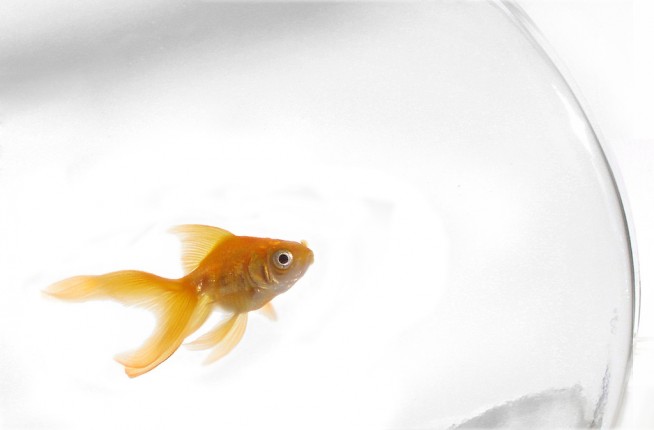Last weekend, we had a lot of excitement. My nine-year-old daughter got a betta fish, which she named Esther.
When we were talking to the clerk about how to care for the fish, she told us, “Be sure not to overfeed your fish. Just two pellets.”
When we read the little instruction book that came with the bowl, it said, “Do not overfeed your fish.”
On the bottle of fish food, it said, “DO NOT OVERFEED.”
So it seems clear to me that people have a real tendency to overfeed their fish.
Which got me thinking — why is it so fun to feed animals, birds, people? Even when it’s not such a good idea.
People feed pigeons, bears, and zoo animals, even though it’s not good for the animals or the environment. I know the feeling. Growing up in Kansas City, my sister and I loved to feed the ducks in Loose Park.
There’s just something deeply satisfying about it.
I wonder if that’s why so many people seem to have the drive to urge other people to eat, too.
In writing Better Than Before, my book about habit change, the issue of eating habits came up over and over.
In talking about their attempts to have healthier eating habits, people often told me that an important person in their life made this aim more difficult.
“My grandmother gets insulted if I don’t take seconds or thirds.”
“My friend said, ‘But I baked it especially for you!’ even though she knew I was trying to give up sweets.”
“I told my wife that I can’t have chips in the house, but she says we have to have those foods, for the kids.”
“Everyone at the table was ordering dessert, and they wouldn’t let it go until I ordered some, too.”
I think there’s a lot of things that might be going on in these situations. People judge what they eat according to what others eat, so they want others to eat more — so they can eat more, guilt free! People feel uneasy when others change an important habit. People don’t want to feel inconvenienced by someone else’s habit change.
But partly, too, I think it’s just satisfying to feed someone or something.
And this aspect of human nature is worth taking into consideration when we’re changing our habits, and when we’re thinking about how other people are affecting our habits.
The Strategy of Other People is a key strategy for habit change. @gretchenrubin
(Click to Tweet!)
What do you think? Do you find it satisfying to feed someone or something? Even when you know it may not be a good idea?
Gretchen Rubin is the author of the #1 New York Times Bestseller The Happiness Project—an account of the year she spent test-driving the wisdom of the ages, current scientific studies, and lessons from popular culture about how to be happier—and the recently released Happier at Home. On her popular blog, The Happiness Project, she reports on her daily adventures in the pursuit of happiness. For more doses of happiness and other happenings, follow Gretchen on Facebook and Twitter.
Image courtesy of John O’Sullivan.












